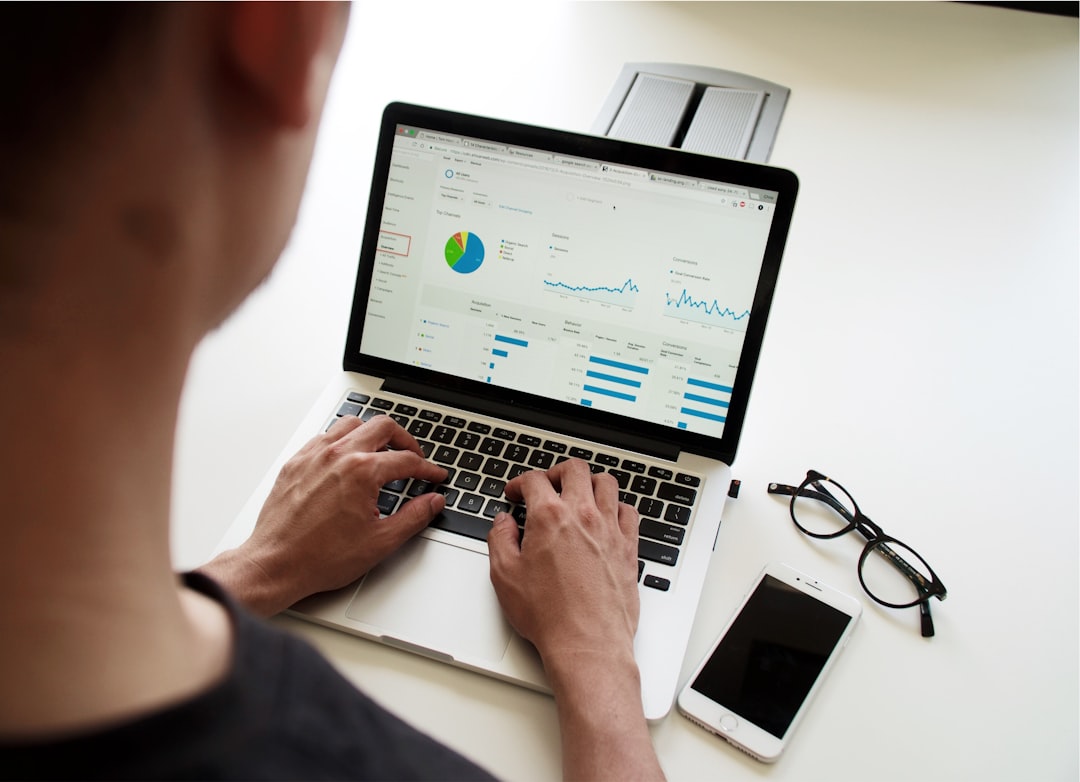
Top Educational Websites for Learning Economics: An Ultimate Guide
# Introduction. In today's fast-paced world, economics plays a crucial role in understanding how resources are allocated, how markets function, and the factors that contribute to societal wealth. Whether you're a student, a professional, or simply an interested lifelong learner, the digital age offers a wealth of resources to dive deep into the world of economics. This article highlights some of the top educational websites available for anyone looking to grasp the essentials of economics or explore advanced concepts. # 1. Khan Academy - A Hub for Economics Learning. Khan Academy has revolutionized the way information is consumed by allowing free access to a range of subjects, including economics and finance. The platform offers detailed lessons ranging from microeconomics to macroeconomics, with engaging videos, practice exercises, and quizzes designed to reinforce knowledge. The ease of navigation and the structured learning path make it an excellent resource for learners at any level. With its interactive nature, users can learn at their own pace, making it a valuable addition to anyone's educational toolkit. # 2. Coursera - Formal Learning with Flexibility. For those who prefer traditional-style learning but with the flexibility of online education, Coursera is an outstanding choice. Partnering with top universities around the world, Coursera provides numerous courses on economics, including specialized topics like behavioral economics and international trade. Many of the courses allow users to audit for free, though a fee applies if you wish to receive certification. The platform's structured curriculum, along with assignments and peer discussions, can give learners a taste of university-level economics education. # 3. Investopedia - Tailored for Finance and Economics. Investopedia is an invaluable resource for anyone interested in economics as it pertains to finance and investment. The website offers a comprehensive array of articles, tutorials, and even a well-designed economic dictionary to help users understand key concepts and terminology. Their personal finance section also covers economic principles applied in real-world scenarios, making it practical for anyone looking to engage in financial literacy and management. With up-to-date market insights integrated with educational content, it stands out as a top-tier resource in this niche. # 4. The Economist Educational Resources - Blending News with Knowledge. When it comes to understanding current events from an economic perspective, The Economist is unmatched in providing insightful analysis. They offer a range of educational resources tailored for different audiences including teachers, students, and the general public. Articles, podcasts, and video explainers are designed to deepen understanding of economic phenomena and trends. It's a perfect resource for active learners who not only want to grasp theoretical concepts but also wish to apply them to current global challenges. # 5. edX - A Collaborative Learning Experience. edX provides a free online platform that hosts high-quality courses from leading universities such as Harvard and MIT. Their extensive selection includes economic courses ranging from introductory to more advanced topics like econometrics. Unique to edX is the ability to engage in a more collaborative learning environment through forums and discussions. Moreover, learners can pursue verified certificates that could enhance their professional profile while validating their knowledge in the field of economics. # 6. Marginal Revolution University - Economics Made Simple. Founded by renowned economists Tyler Cowen and Alex Tabarrok, Marginal Revolution University provides free video content focusing on various economic concepts. Their platform is user-friendly, offering well-organized playlists that allow users to easily navigate through topics, making it a breeze for beginners. The videos break complex concepts into easy-to-digest portions, often supplemented with real-world examples, thereby making economics less intimidating. This is an excellent resource for learners seeking a no-frills approach to understanding the subject. # Conclusion. The journey into the world of economics does not have to be difficult, thanks to the plethora of educational websites available today. Websites like Khan Academy, Coursera, Investopedia, The Economist, edX, and Marginal Revolution University provide everything from basic principles to complex theories in an engaging and accessible manner. Eager learners can tailor their education according to their needs and preferences, be it through structured courses or self-paced video lectures. Exploring these resources is the first step toward mastering economics and applying it effectively in everyday life. .








